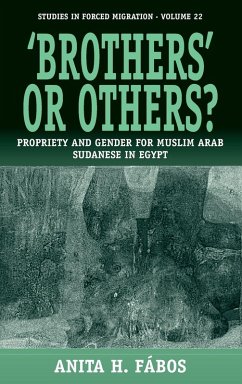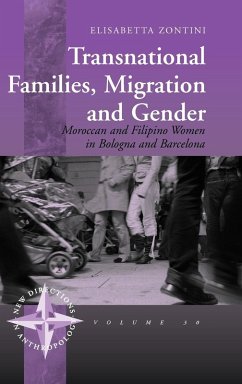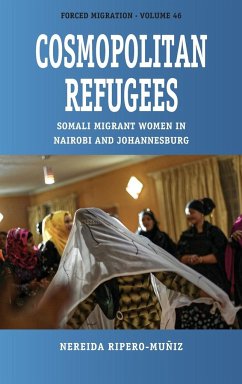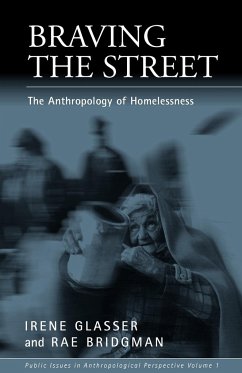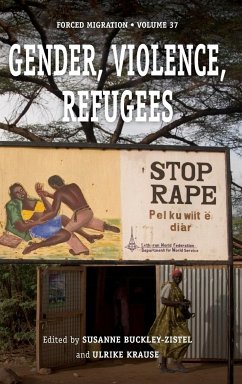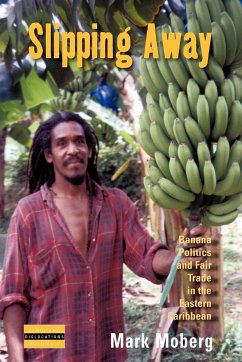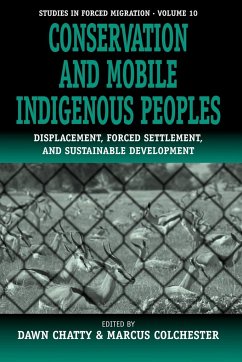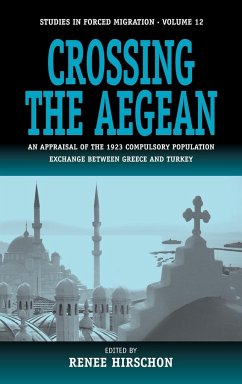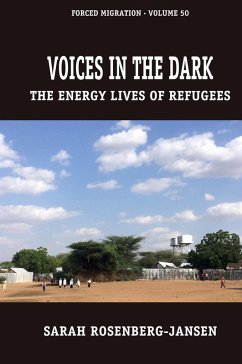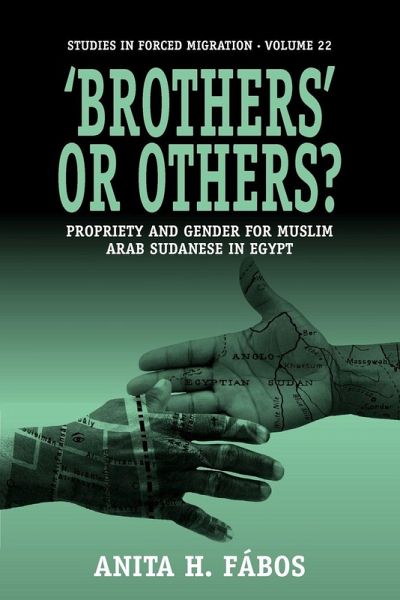
'Brothers' or Others?
Propriety and Gender for Muslim Arab Sudanese in Egypt
Versandkostenfrei!
Versandfertig in 1-2 Wochen
37,99 €
inkl. MwSt.
Weitere Ausgaben:

PAYBACK Punkte
19 °P sammeln!
Muslim Arab Sudanese in Cairo have played a fundamental role in Egyptian history and society during many centuries of close relations between Egypt and Sudan. Although the government and official press describes them as "brothers" in a united Nile Valley, recent political developments in Egypt have underscored the precarious legal status of Sudanese in Cairo. Neither citizens nor foreigners, they are in an uncertain position, created in part through an unusual ethnic discourse which does not draw principally on obvious characteristics of difference. This rich ethnographic study shows instead t...
Muslim Arab Sudanese in Cairo have played a fundamental role in Egyptian history and society during many centuries of close relations between Egypt and Sudan. Although the government and official press describes them as "brothers" in a united Nile Valley, recent political developments in Egypt have underscored the precarious legal status of Sudanese in Cairo. Neither citizens nor foreigners, they are in an uncertain position, created in part through an unusual ethnic discourse which does not draw principally on obvious characteristics of difference. This rich ethnographic study shows instead that Sudanese ethnic identity is created from deeply held social values, especially those concerning gender and propriety, shared by Sudanese and Egyptian communities. The resulting ethnic identity is ambiguous and flexible, allowing Sudanese to voice their frustrations and make claims for their own uniqueness while acknowledging the identity that they share with the dominant Egyptian community.




